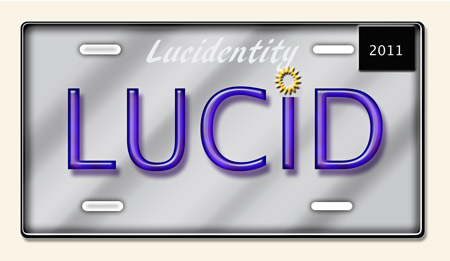Yes, it is o.k.
There are those, who with good intentions, are saying 'no,' though. Their contention is that "God's stuff" should be free. However, as noble as that sounds, it stems from an unhelpful view of calling.
Their argument: Get a 'real job' so that you can support your true calling and offer your message for free. But here's the problem with that:
Your calling is to bring the effect of your life into every area of your life -- including your 'job.' Ideally, your job reflects your calling and giftings and is suited to them. Isn't your job a ministry? For those that want to say "Get a real job that supports your ministry so that your ministry offering is free," I say, "But isn't your 'real job' a ministry? Don't you bring the effect of your life, your gifts and unique heart to that job setting? Why is that any less a ministry?
Secondly, their argument seems to apply primarily to those having a message-based ministry, rather than a product or service that isn't primarily message-based. This might include Christian authors and speakers, or those creating explicitly 'Christian' music. Those who are bringing a kingdom message seem to fall into a separate category than anyone else in the Body of Christ -- pedestalizing that group of communicators -- and diminishing the role of everyone else in the Body. [I'm not even specifically thinking of paid 'pastors' and the like, necessarily; but more generally of anyone whose mission is primarily message-driven.]
Would they expect a physician, who happens to be a Christian, to offer his services free? Not likely? But isn't he also doing God's work and offering the restoring work of Jesus? How about the hairdresser who loves God and brings him into conversations with her clients? Should she offer her services free? I don't think we would expect that of her. But for some reason, those whose primary mission centers around a message are expected to offer it free -- austensibly because it's "God's stuff." (Yet isn't the doctor and the hairdresser offering 'God's stuff' as well to their clients?) Don't we all have a right to support our families at a reasonable level? [-Of course, I'm speaking of reasonable pay and in good-conscience.]
If we use the inequitable scale of value that those who want God's stuff to be free do, then no one in the Body should be paid for any of their work, including the 'real jobs' they have, since we'd hope that every believer treats his/her job as a ministry and an extension of their calling.
I understand the sentiment of those wanting the message to be free -- I just don't think that value -scale is being applied equally across the Body, and I think it creates a false division in the Body as to which callings are more important than others.
No calling is more godly or sacred than the next, because each one's gifts and calling flow from him who levelled the playing field. Let's stop pedestalizing (and penalizing) those primarily offering a message, and lift up each one's offering to others -- whether that person brings their gifts as an artist, author, electrician, doctor or hairdresser.
Your thoughts?
 Monday, August 1, 2011 at 5:28PM
Monday, August 1, 2011 at 5:28PM  I'm going to invent a new word: lucidentity.
I'm going to invent a new word: lucidentity. 






















